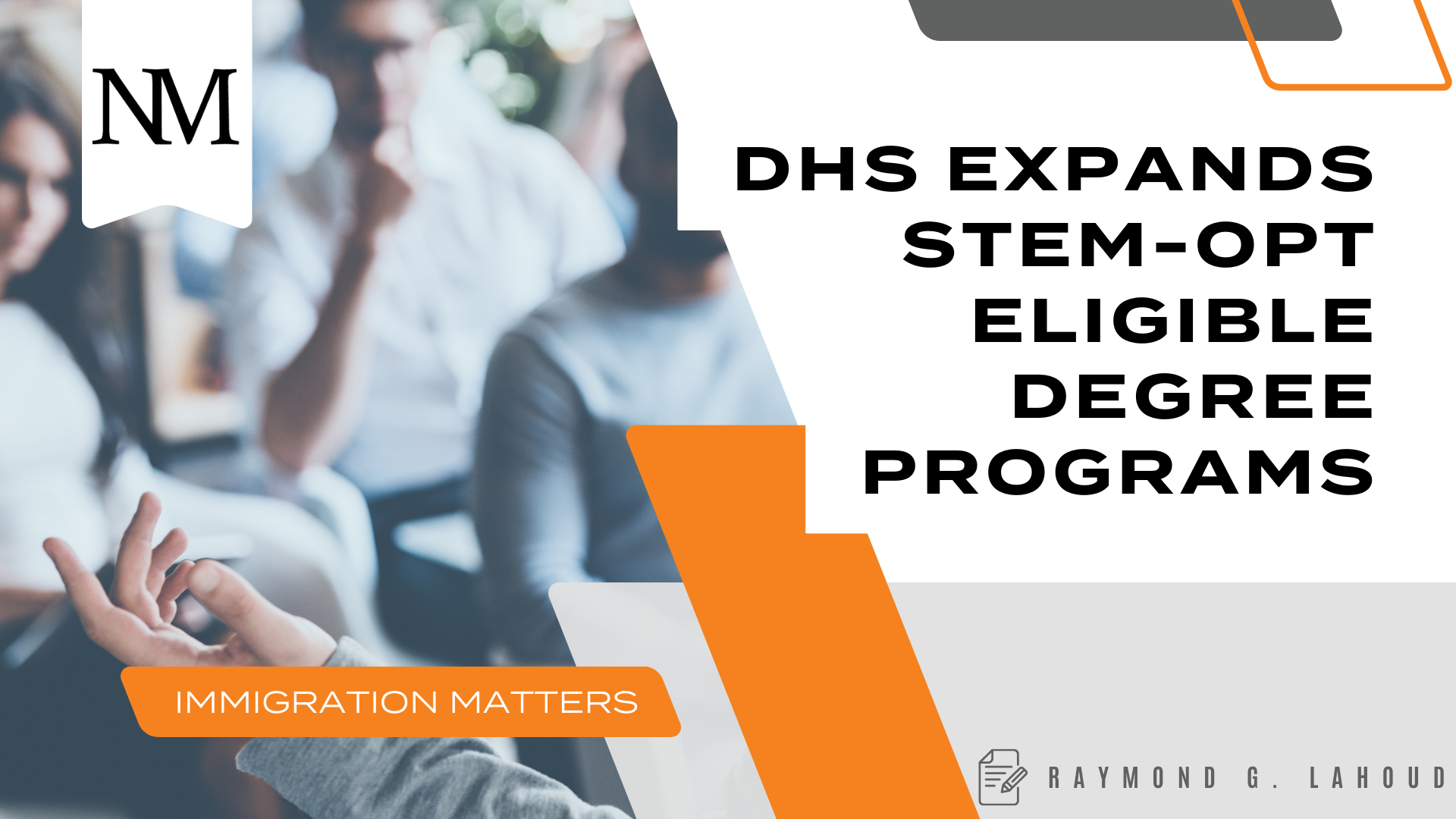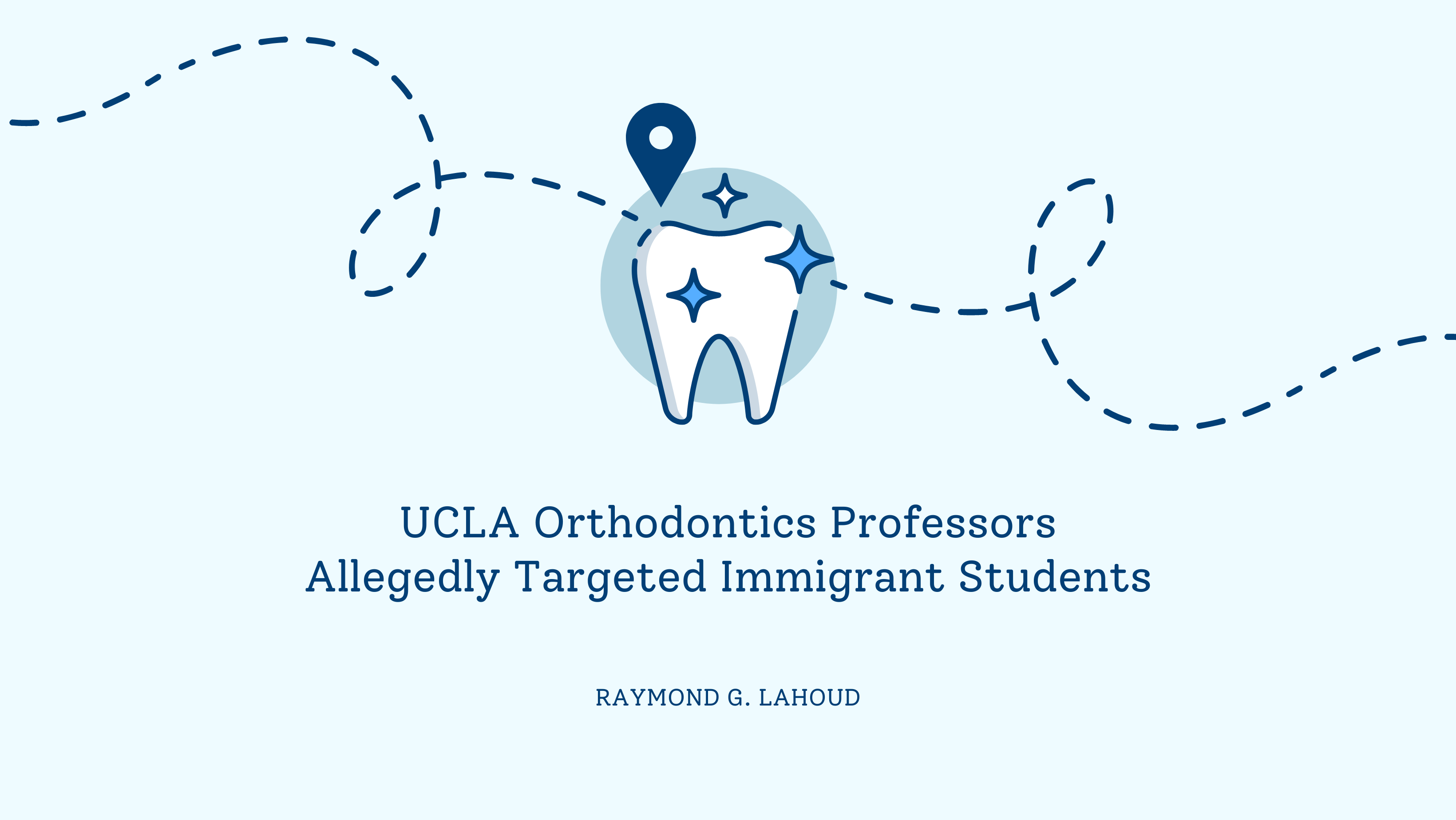New Jersey School District Votes to Utilize H-1B Program for Teaching Vacancies

A widespread teacher shortage in the United States is causing some school districts to consider foreign labor to fill their vacancies. Recently, New Jersey's Camden City School District passed a resolution to utilize the H-1B visa program to help fill key teaching roles.
Teacher Shortage in the U.S.
The COVID-19 pandemic has disrupted practically every facet of life over the past two years. Among its economic consequences is an ongoing labor shortage that has spanned nearly all sectors. That shortage continues to affect America's schools, as key teaching positions become more and more difficult to fill. From complaints of low compensation to difficulties with virtual instruction, teachers are increasingly choosing to leave the profession or even consider retirement. A recent survey reflected this issue: nearly half of teachers indicated they had considered changing jobs within the past month.
One School District's Solution
The Camden City School District ("CCSD") recently announced its intention to turn to foreign labor to help fill open positions. After being unable to fill 28 positions for months, Superintendent Katrina McCombs confirmed that the ongoing difficulty "has been exacerbated by the pandemic."
On Jan. 26, 2022, the CCSD passed a resolution indicating it will utilize the H-1B visa program for a trial program to help fill these jobs. Superintendent McCombs said, the "H-1B visa program that we're launching is just one of the ways that we are trying to make sure that we are wrapping support around our students who are non-native English speakers." The one-year trial program is intended to fill 10 of the available positions, with a focus on those that require foreign language experience.
The H-1B Visa Program
The H-1B is a temporary, nonimmigrant visa category that enables employers to petition on behalf of highly educated foreign professionals who work in specialty occupations requiring at least a bachelor's degree. Since the H-1B visa was established in 1990, Congress has placed a statutory limit on the number of H-1B visas available each year. Currently, the cap is 65,000, with an additional 20,000 available for foreign professionals who graduate with either a master's degree or a doctoral degree from a U.S. college or university. For school districts to sponsor H-1B applicants, they must first certify that they have made a good faith attempt to recruit U.S. candidates and were unable to fill the positions.
Certain employers are not subject to the H-1B cap. Exempt employers include institutions of higher education and nonprofit entities, nonprofit research organizations, and governmental research organizations related to or affiliated with an institution of higher education. For this reason, U.S. school districts may avoid the H-1B cap if they qualify under this exemption. Generally, to qualify, school districts must have a formal written affiliation agreement with an institution of higher education; this can typically be met with dual enrollment agreements between the school district and a college or university.
It remains to be seen whether the trial program proposed by the Camden City School District will alleviate their ongoing staffing issues, but the program underscores a possible solution to the country's ongoing teacher shortage. To learn more about this blog post, or if you have any other immigration concerns, please feel free to contact me at rglahoud@norris-law.com or (484) 544-0022.




